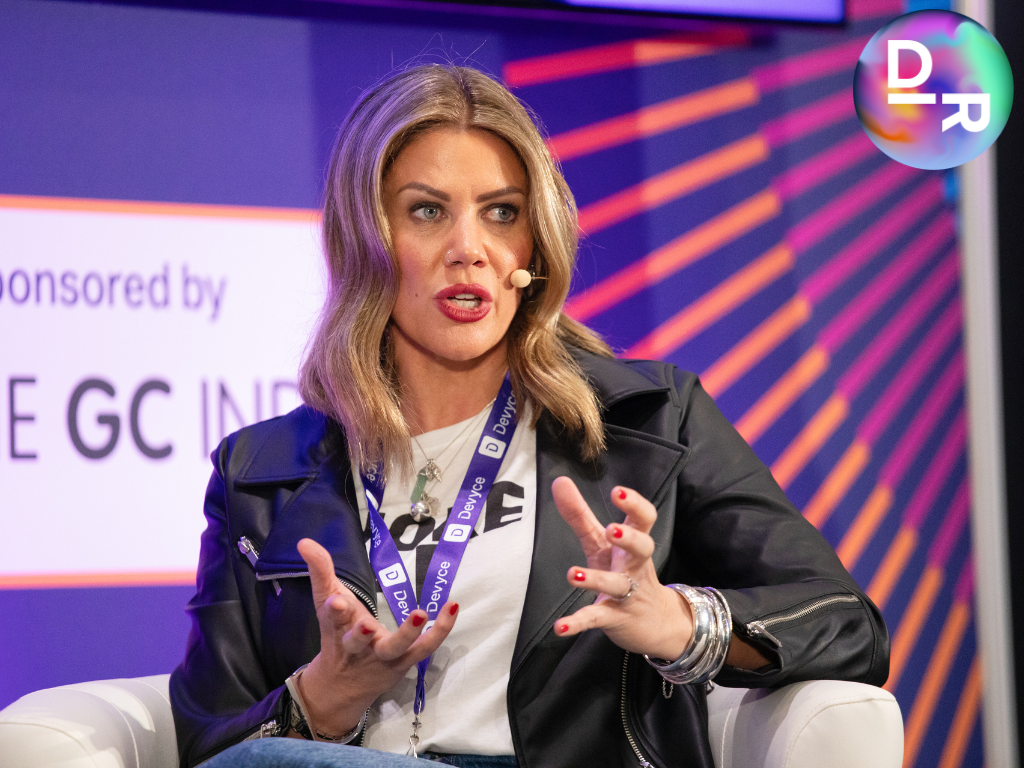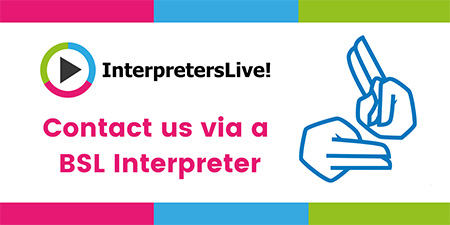I often see HR and DE&I lumped into the same conversation, and in many ways, that makes sense.
Both are designed to improve the human experience at work. Both aim to create better, fairer, more supportive cultures. And both are critical to any organisation that wants to thrive.
But here’s the uncomfortable truth: being an HR expert doesn’t automatically make someone proficient in diversity, equity and inclusion.
And it certainly doesn’t mean they’re equipped to lead transformational change that addresses systemic inequality, discrimination, or the lived experience of underrepresented people.
Yet across the UK, HR leaders are being asked to do exactly that. Fix the DE&I problem. Launch something quickly. Just get something out there.
And it’s not working.
Why are HR leaders struggling to lead DE&I?
Every day I speak to passionate, dynamic HR leaders who care deeply about inclusion but are grappling with the complexity it all, with limited time, tools, or expertise. The pressure to act – to launch an initiative, run a session, or publish a statement – is huge. But without proper support, those actions often miss the mark. They’re reactive, surface-level, and rarely lead to meaningful change for the people they were meant to support.
So why is this happening?
1. DE&I requires a different skill set
Let’s get real. HR and DE&I are two distinct disciplines.
Of course, they overlap, and many non-traditional HR leaders are steeped in cultural competence and social justice. But in most HR roles, strategic DE&I work wasn’t part of the curriculum.
Things like systemic inequality, racial equity, lived experience, and inclusive change management often sit outside the average HR qualification.
That’s not a criticism – it’s a reality. And it’s why asking HR to lead DE&I without upskilling or support is both unfair and ineffective.
2. DE&I education is complex and ongoing
Even as a DE&I practitioner, I have to keep my focus niche because the landscape is vast, nuanced, and constantly evolving. After years of study and work, I’m still only scratching the surface – and this is my full-time job.
Many HR leaders are expected to master this work alongside already overloaded workloads, with little more than a webinar or a module in their CIPD course. That’s just not enough. Proper DE&I education takes time, investment, and a willingness to sit with the complexity of the work. Expecting HR to absorb it all ‘on the side’ is unrealistic.
3. Inclusion isn’t embedded in the business
So many organisations still rely on short-term, initiative-led DE&I work. A speaker here. A pledge there. A one-off unconscious bias session. It all sounds good on paper, but these quick wins rarely lead to long-term culture change.
The real work happens when inclusion is embedded into the ethics, behaviours, and systems set by leadership. That’s where HR often meets the most resistance – and where they often don’t have the influence or authority to push things through. Strategic DE&I work requires leadership buy-in, consistent action, and the kind of cross-functional collaboration that HR alone can’t drive.
4. The obsession with ‘low-hanging fruit’
This phrase gives me the ick. It implies that equity is a to-do list, and we should just start with what’s easiest.
But real DE&I work doesn’t work like that. It requires careful, skilled navigation of intersectionality, identity, and lived experience.
Those who’ve studied DE&I deeply know that prioritising one group or one action at the expense of others can create more harm than good. Unfortunately, that nuance is often missing from the average HR manager’s toolkit – through no fault of their own.
So what’s the answer?
I could write a whole paper on this, but here’s the short version: if we want to see real, lasting, strategic change in how DE&I is embedded into workplaces, we have to stop expecting HR to do it all.
Yes, HR can absolutely play a huge role. With the right support, resources, and education, HR leaders can become incredible partners in creating more equitable, inclusive workplaces. But we have to be realistic. Their time, energy, and attention is already stretched – and DE&I cannot be just another bullet point on their to-do list.
Businesses must properly resource their DE&I functions. That means bringing in trained DE&I practitioners, investing in education for HR and leadership, and embedding equity into the organisation from the top down.
Because this isn’t just another HR trend. It’s about changing the experience of work for people who’ve historically been excluded, overlooked, or underestimated. And that requires more than good intentions – it requires expertise.
Final thoughts
If you’re an HR leader trying to make sense of where DE&I fits into your world, I see you. It’s messy, complex, and heavy – and the pressure to get it right is real.
But you don’t have to do it alone. Whether you’re looking for guidance, training, or someone to help you develop a long-term strategy, let’s have a conversation. There’s a better way to do this work – and you don’t need to carry it all on your shoulders.


